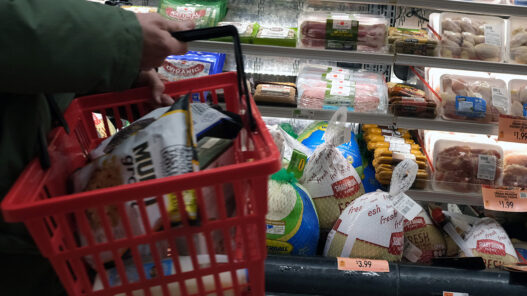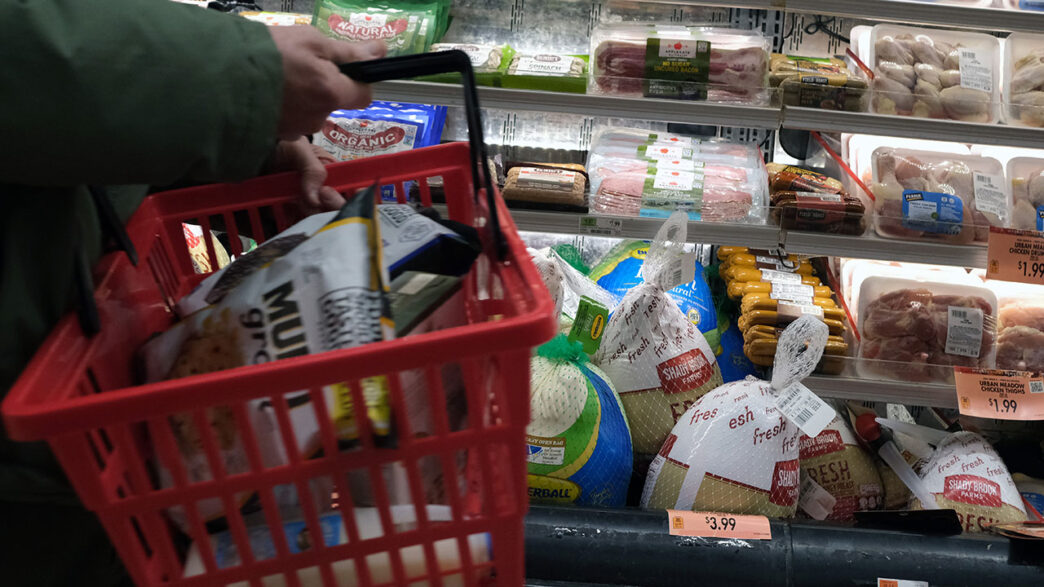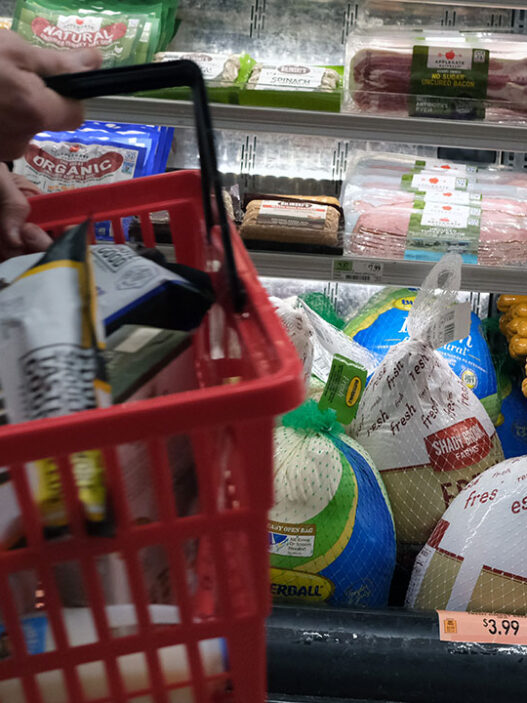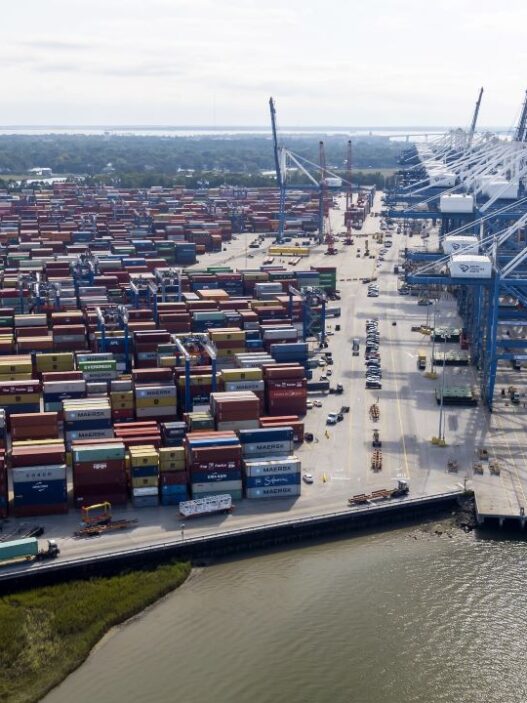More Americans are cooking at home as growing economic concerns are forcing households to cut back, according to Campbell’s CEO Mick Beekhuizen.
Beekhuizen told analysts during the company’s third-quarter earnings call on Monday that consumer sentiment continued to soften throughout the quarter, with shoppers becoming even more deliberate about how they were spending money on food.
“A key outcome is a growing preference for home-cooked meals, leading to the highest levels of meals prepared at home since early 2020,” Beekhuizen said.
BUY NOW, PAY LATER USAGE FOR GROCERIES NEARLY DOUBLES AS CONSUMERS STRUGGLE WITH FOOD COSTS
He also noted that consumers are also “favoring ingredients that help stretch tighter food budgets.” The trend helped boost the company’s meals and beverages business, especially its line of condensed cooking soups, broth and Italian sauces.
However, shoppers were increasingly intentional about their discretionary snack purchases, which created additional headwinds in its snacking categories.
From 2020 to 2024, the all-food consumer price index rose 23.6%, outpacing the entire index, which grew 21.2% over the same period.
Though food price growth slowed in 2023 and 2024 because wholesale food prices and these other inflationary factors eased across industries, some experts fear President Donald Trump’s tariffs could increase food prices again.
SHAKE SHACK JUMPS INTO LOYALTY GAME WITH $1 SODAS AMID ECONOMIC UNCERTAINTY
GET FOX BUSINESS ON THE GO BY CLICKING HERE
While inflation remains consumers’ top concern, tariffs have quickly risen to second place, according to consulting firm McKinsey, which conducted a survey in May to understand how tariffs are shaping consumer concerns and behaviors.
Nearly 50% of U.S. consumers surveyed reported rising prices as their top concern, followed by tariff policies at 29%, according to the report.
Despite the ongoing trade talks, the uncertainty and volatility that still persists in the market are already forcing most of the survey respondents to “explore a range of personal financial behaviors to protect their pocketbooks,” the firm said.
If they haven’t done so already, they plan to soon, even if the tariffs’ effects have yet to hit store shelves, according to McKinsey.























